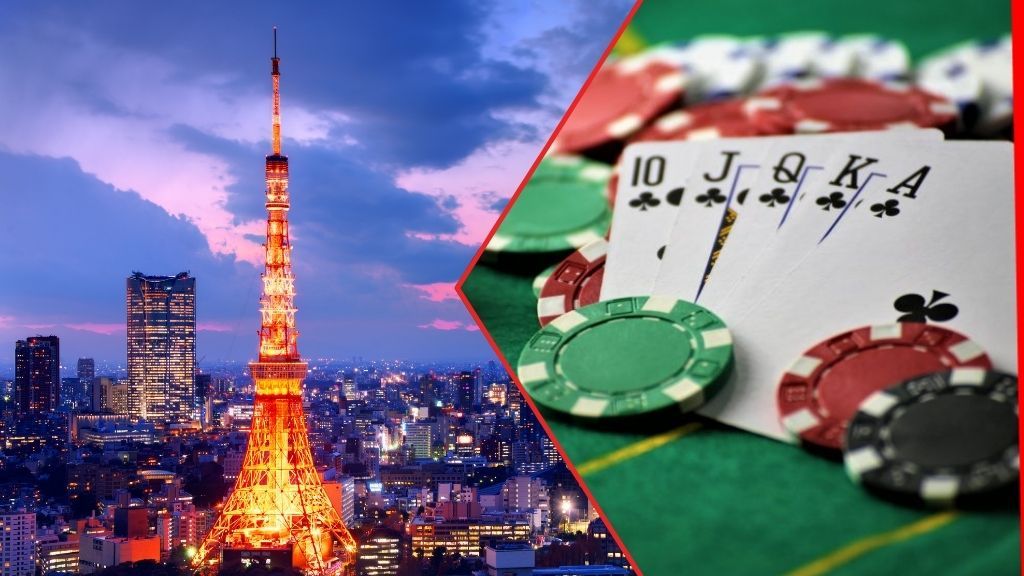
Japan’s government has unveiled a wholly new three-year plan to combat the escalating issue of online gambling addiction. The plan includes intensified crackdowns on payment collection agencies and affiliates, individuals or entities promoting online casinos for commissions.
Additionally, businesses are being urged to prohibit advertisements for online casinos and new social media campaigns will remind the public of the illegality of such gambling activities.
The plan is likely to set upper limits on advance online betting for public gambling and ending the use of credit cards for payments. Yoshitaka Ito, the minister overseeing measures against gambling addiction, highlighted concerns about the increasing number of individuals accessing online casino sites, leading to a rise in addiction cases.
Despite these initiatives, experts argue that more robust actions are necessary. Recent surveys have shed light on the prevalence of online gambling in Japan. A National Police Agency (NPA) report estimates that nearly 3.37 million Japanese have engaged in illegal online gambling, with approximately 1.97 million active users spending about ¥1.2 trillion (€7.4 billion) annually.
As per govt. officials, the COVID-19 pandemic has exacerbated this issue, particularly among younger demographics. A massive surge in young individuals developing gambling addictions due to the proliferation of online betting during the pandemic has already been reported.
The economic impact of online gambling in Japan is significant. In 2024, the online gambling market was valued at approximately ¥1.2 trillion (€7.5 billion) and is projected to reach ¥1.9 trillion (€10.5 billion) by 2033, growing at a compound annual growth rate (CAGR) of 5.3 percent. This growth is driven by increased digital connectivity and technological innovations.
However, the societal costs associated with this growth are concerning. The prevalence of problem gamblers in Japan is estimated at 1.6 percent, with even non-disordered gamblers experiencing negative consequences such as financial loss and deteriorating relationships.
Among Japanese college students, the prevalence of internet gaming disorder ranges from 3.3 percent to 18.7 percent, indicating a significant risk among younger populations.
The National Police Agency (NPA) warns that accessing online casinos, even if operated legally overseas, constitutes a crime in Japan. Offenders may face fines of up to ¥500,000 (€3,400), while habitual gamblers could be imprisoned for up to three years.
While certain forms of public sports gambling, such as horse and motorboat racing, are legal in Japan, the pandemic has shifted many bettors online.